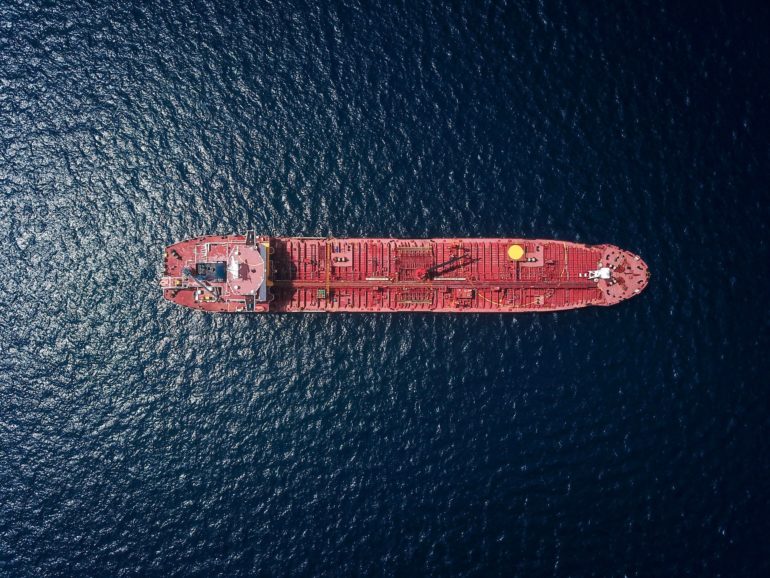Ship movements on the world’s oceans dropped in the first half of 2020 as COVID-19 restrictions came into force, a new study shows.
Researchers used a satellite vessel-tracking system to compare ship and boat traffic in January to June 2020 with the same period in 2019.
The study, led by the University of Exeter (UK) and involving the Balearic Islands Coastal Observing and Forecasting System and the Mediterranean Institute for Advanced Studies (both in Spain), found decreased movements in the waters off more than 70 percent of countries.
Global declines peaked in April 2020, but by June—as COVID restrictions were eased in many countries—ship movements began to increase.
“As lockdowns came into force, we heard stories and began to see early research findings that suggested reduced boat movements had allowed some marine ecosystems to recover,” said lead-author Dr. David March of the Centre for Ecology and Conservation on Exeter’s Penryn Campus in Cornwall.
“There were reports of clearer water in Venice’s canals, and a study showed a reduction in underwater noise at Vancouver.”
Professor Brendan Godley, who leads the Exeter Marine research group, added: “The effects of ships and boats—from noise and pollution to fishing and collisions with animals—have a major impact on marine ecosystems across the world.
“Our study aimed to measure the impact of COVID on this traffic, and we are continuing to monitor this as the restrictions on human activity continue to change.
“Quantifying the changes in human activities at sea paves the way to research the impacts of COVID-19 on the blue economy and ocean health.”
The study found:
Decreased ship movements in the Exclusive Economic Zones (up to 200 nautical miles offshore) of 70.2 percent of the 124 countries included in the study.Countries with stricter COVID restrictions saw sharper decreases in ship movements.Global declines peaked in April, with decreases found across all ship categories (i.e. cargo, tankers, fishing, service, recreational and passenger vessels) The largest and longest-lasting reductions were in passenger vessels, while tankers, cargo vessels and fishing boats were least affected.A more detailed analysis of the Western Mediterranean (covering January to November 2020) showed reductions in boat movements reached a maximum of 62.2 percent during mid-April, being one of the areas with the highest reduction. This included a 93.7 percent reduction in movements of recreational boats.
“The long-term trend is for increased global ship movements, so a modest decrease may represent a more significant reduction compared to the amount of traffic we would otherwise have seen,” Dr. March concluded.
The paper, published in the journal Nature Communications, is entitled: “Tracking the global reduction of marine traffic during the COVID-19 pandemic.”
Image: Suez Canal traffic jam seen from space
More information:
“Tracking the global reduction of marine traffic during the COVID-19 pandemic.” Nature Communications (2021). DOI: 10.1038/s41467-021-22423-6
Provided by
University of Exeter
Citation:
Ship traffic dropped during first months of COVID pandemic (2021, April 27)
retrieved 27 April 2021
from https://phys.org/news/2021-04-ship-traffic-months-covid-pandemic.html
This document is subject to copyright. Apart from any fair dealing for the purpose of private study or research, no
part may be reproduced without the written permission. The content is provided for information purposes only.



